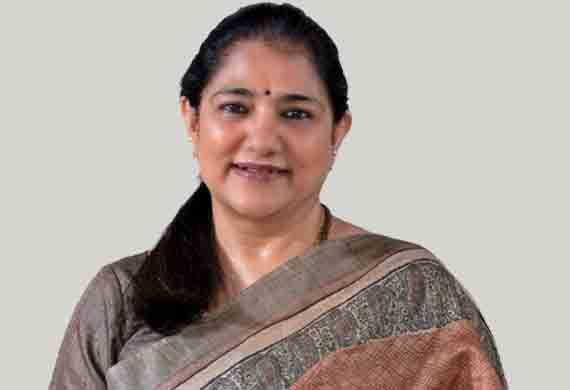
Nurturing Potential, Fostering Inclusion
By: Nina Nair, SVP & HRD Head, India, and Americas, [24]7.ai
Nina Nair, an accomplished HR leader, drives dynamic L&D initiatives to cultivate a people-centric organization. With a background in education and economics, she offers a distinct perspective. Having taught for 16 years, Nina seamlessly transitioned into the corporate realm, leaving a lasting impact on the organizational agenda and HR policies.
My professional evolution has been a kaleidoscope of experiences. From the chalk-dusted classrooms of teaching to the dynamic landscape of building people-centric organizations, each chapter has etched its unique mark in my story. My professional expedition took root in the world of education, a field where I discovered my love for teaching. As a military spouse, I embraced the opportunities to teach in local schools wherever we were stationed, and this is what kindled my passion for understanding young minds and prompted me to pursue a degree in education. Little did I know that this foundation would become the bedrock of my future endeavors.
A pivotal shift unfolded in my personal and professional life as my son was delving into his critical years of education, propelling me to take a pause. However, I still held on to my passion for education by taking on daily honorary work within the school premises. My family was planning a permanent move to Bangalore when the nascent BPO wave swept across India. I was part of a select crew of teachers who were entrusted with the task of architecting curriculum solutions tailored to the nuances of British accounts, a domain dominated by linguistic intricacies and cultural nuances. My training initiatives left an indelible mark on a multitude of contact center trainees, positioning me as a sought-after expert in the field. It was during this period that [24]7.ai sought my counsel to overcome some challenges within a British account. It was an offer I couldn't refuse, marking the beginning of a 16-year-long fruitful association that has witnessed the ebb and flow of corporate tides.
However, my journey deviated briefly when the call of teaching resonated again, leading me to the Indian Institute for Human Settlements. While the dream of transforming it into a university didn't materialize, the institution evolved into a formidable think tank. This brief hiatus concluded with my return to [24]7.ai, this time spearheading Human Resources, Learning & Development, and Organizational Development.
The transition from teaching to organizational leadership instilled in me the importance of creating environments where voices are heard, questions are encouraged, and every individual feels valued. A people-centric organization, to me, is one where inclusion reigns supreme, breaking down barriers and fostering an environment that celebrates diversity. As I gaze into the future of leadership, I see a paradigm shift towards open communication, support, and acceptance. The leaders of our future must align with the changing dynamics of the younger workforce, their needs, their way of thinking, and their uncanny ability to master modern technology. Utilizing tools like Gen AI, to train and develop employees. The key lies in being adaptable, understanding, encouraging debate, and gaining acceptance from the workforce.
In the realm of leadership, one cannot overlook the paramount strength that women bring to the table—empathy. In a world where ambition often propels individuals to chase relentless pursuits, women, with their inherent balance, embody the essence of empathy. It's not about merely sympathizing with challenges but rather about being present, listening intently, and fostering an environment where individuals can navigate their solutions. A genuine attitude of "I hear you, and I am here for you" becomes the cornerstone of a woman leader's stature, significantly contributing to trust-building and the creation of an empowering work environment.






